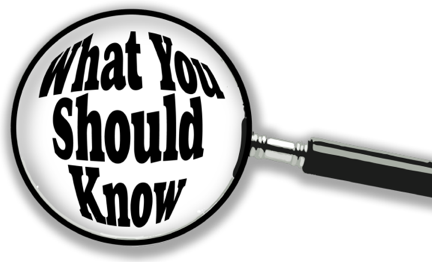What is the omicron variant?
The omicron variant is the most recent variation of the SARS-CoV-2 virus that causes covid-19. Omicron was recognized as B.1.1.529 by the World Health Organization (WHO) on Nov. 26. This variant was labeled as a “variant of concern” by WHO, meaning it is likely to be more infectious and able to infect those who have already had the virus or been vaccinated.
Where did omicron come from and how many people are infected?
Omicron was first identified in Botswana and South Africa, but the origin of the variant is unknown as 45 countries have identified the variant as of Dec. 5. The origin and place of identification are not synonymous when discerning variants.
In the U.S., the omicron variant has been reported in California, Colorado, Connecticut, Hawaii, Maryland, Massachusetts, Minnesota, Missouri, Nebraska, New Jersey, New York, Pennsylvania, Utah, Washington and Wisconsin. Dr. Rochelle P. Walensky, director of the Centers for Disease Control and Prevention, said at a press briefing on Dec. 2 that the majority of cases in the U.S. are still from the delta variant, which is known as the most contagious variant of covid as of September.
Is omicron more infectious than previous covid strains?
The WHO said it is unclear whether or not this variant is more transmissible or severe than other variants, including the delta variant. Reports have said that the numbers of patients with the omicron variation of the virus are rising in multiple countries.
Currently, it is unknown whether or not the vaccine is more or less effective against the omicron virus in comparison to previous variants.
What precautions should we take?
The WHO recommends continuing social distancing, wearing a well-fitting mask and staying in well-ventilated areas. While there is limited information about the omicron variant and the efficacy of vaccines against it, getting vaccinated and receiving a booster shot for covid is still recommended.















































